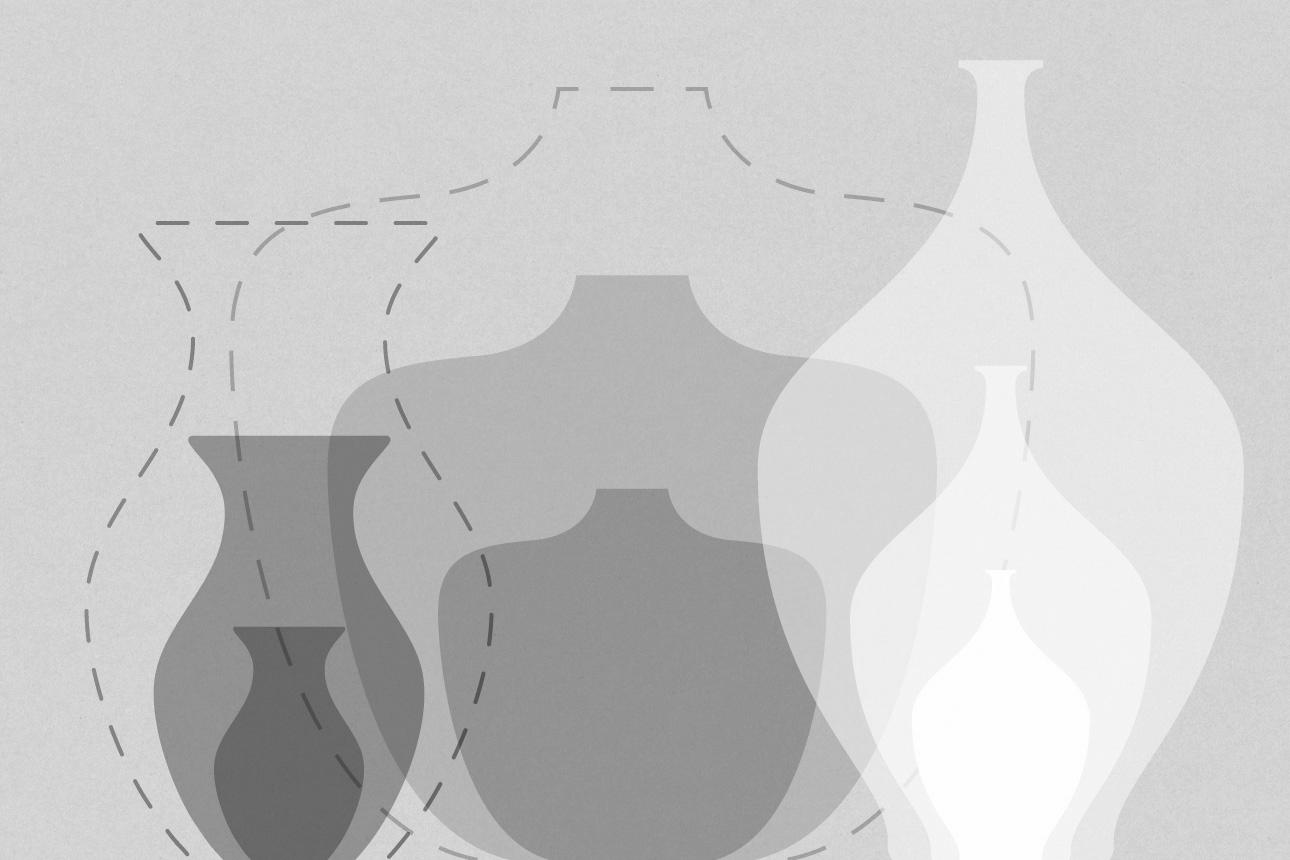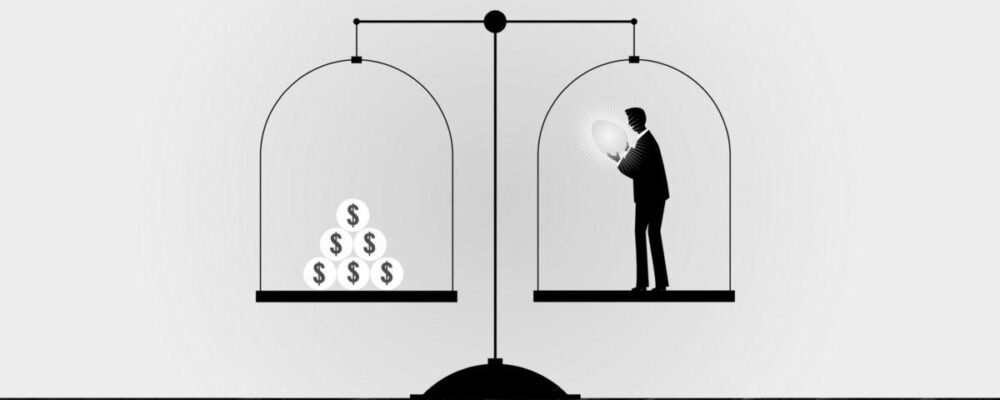Topics
Column
Our expert columnists offer opinion and analysis on important issues facing modern businesses and managers.
More in this series
Carolyn Geason-Beissel/MIT SMR | Getty Images
This is a time when we are all asking how best to prepare for a long working life. With expanded life expectancies and fast-paced technological development, this is a necessity. In my own research, I’ve long focused on the notion of the multistage working life as an adaptive and flexible model. The idea here is that rather than taking the straight path of full-time education, full-time work, and then full-time retirement, every individual creates their own individualized sequence of stages. They take parts of each of these periods of intense learning, exploration, and work and resequence them in ways that suit their autonomy needs and the changing demands of the labor market.
However, in thinking through this idea and seeing it play out in careers and communities throughout the world, it’s clear that to make this highly adaptive and flexible model work, there must be strong threads running through a person’s life that bring stability to their working experiences and working identities.
Get Updates on Transformative Leadership
Evidence-based resources that can help you lead your team more effectively, delivered to your inbox monthly.
Please enter a valid email address
Thank you for signing up
Over the past two years, my research and observations have been about these strong threads. One such thread is mastery — the capacity to create a deep body of knowledge and skills, in the way that craftspeople master their crafts. The foundation of this kind of command is what I am calling micro skills — those skills that we each build that together add up to a capability and whose combination is valuable and unique. Over the period of a working life, areas of mastery are explored and added to — in part through the recombination of existing micro skills and the addition of new ones. Reflecting on my own working life, for example, I can see that I have created the flexibility of a multistage life in part through building the micro skills in two related areas of mastery: teaching/speaking and research/writing.
My interest is whether this notion of mastery, which I find so compelling, resonates with others. In October 2024, I and my team at HSM Advisory held a research webinar, titled “Building Mastery,” that was designed to address some of these questions. For example, what areas of proficiency have leaders already built up, and what do they hope to build up in the future? What are the primary developmental processes that people use to achieve mastery? And what kinds of capacities do organizations have to support an individual’s development of different types of expertise? I was able to pose these questions to 96 attendees from 23 countries who represented over 23 organizations from the higher education, HR practices, oil and gas, management consulting, and legal sectors. Here are the five takeaways from what I heard.
1. Mastery is an idea whose time has come again.
There has been an ongoing debate about which is the smartest strategy regarding skill development: Should people generalize and build a broad (and inevitably shallow) range of skills and knowledge and therefore be sure-footed when the business environment changes? Or are they better off specializing and learning a couple of areas in depth?
While both strategies have benefits, I have argued for the notion of mastery — diving in and really knowing a lot about a few things — for over a decade. My belief has been reinforced in this age of generative artificial intelligence (GenAI): When the tools of technology are capable of sweeping for information and knowing a little about a lot, then the role of the human is to go deeper, with more insights, wisdom, connections, and memories.
I argue for the notion of mastery — diving in and really knowing a lot about a few things.
My first request in the research webinar was for participants to describe a current area of mastery for them now and an area of mastery planned for the future. Current domains of expertise cited included project management, negotiation, coaching, managing a complex team, strategic thinking, and stakeholder management. When looking forward and describing future areas for development, many said that mastery would come from the human-plus-machine interface. Many specifically referred to mastery built with AI.
2. Mastery is still built through observation, repetition, and feedback.
When sociologist Richard Sennett observed master craftsmen such as glassblowers and musicians, he described their advancement through three stages: apprentice, journeyman, and master. They make this progression through close observation of a master, repetition, and continual feedback. When I reflect on my own developmental journey to mastery, I see the same process. For example, one of the micro skills I use to teach a class is systems mapping, and I have used this technique in some of my books, such as Living Strategy. I can trace this micro skill back to a period in my working life when I had the opportunity to observe master systems mapper Richard Boyatzis. This was my starting point.
Times have changed. Now companies invest in training programs, and many of us spend time in online learning environments. Do those tools align with how people say they develop expertise? The results of that question in our webinar were fascinating. It seems that what worked for the glassblowers in medieval Venice still works today: Over half (52%) of attendees said their primary way of becoming a master is “practice and repetition,” 21% said “watching a master,” and 17% said “getting tough feedback.” Only 4% said “attending a training program.” The same percentage said “reading.” Only 1% said “watching online classes.”
Of course, this is a small sample of people, yet it raises some important questions. If practice and repetition are so important, are we giving people enough time for practicing and repeating? If “watching a master” is so important, what is the implication for virtual and home-based working? Why does attending a program have such low resonance? And why has online learning, which we have put such store in, failed to be seen as a significant development option in building deep proficiency by this group?
3. Demonstrating mastery to others is a challenge.
Walk around the glassblowing shops in Venice, and it’s clear who is the apprentice and who is the master. The apprentices practice through creating little animals (horses, dogs, cats) that sell for a few euros on the streets. The work of the master is in the upmarket stores and is unique, verified, and often accompanied by a description of the personality and aspirations of the master glassblower, their journey in commanding their craft, and the nature of the piece. The artwork they have created is, in fact, the verification of their mastery.
This process of verification is a significant part of the mastery process for straight-line careers, such as medicine, architecture, law, and accounting, where the path to top-level skills is confirmed through an individual’s accreditations through professional bodies.
Some of the areas of expertise described earlier (such as project management and coaching) have accreditations. But what of stakeholder management or negotiation? How does a master demonstrate their work and burnish their reputation when there isn’t a way to certify their qualifications?
This was a question I put to the group. I asked, “How do you communicate your mastery to others?” Comments included “sharing case studies of my work,” “LinkedIn,” “testimonials,” and “being exemplary.” Some made comments along the lines that they hoped that if they did good work, then their network and connections would do the rest. Others simply said, “I don’t.” It’s not easy to do.
Looking around at the investments currently being made in the human capital domain, I see a number of startups — such as Mindstone, a London-based training company specializing in bringing AI skills to workplaces — working on this complex problem. The hope is that in the coming years, AI solutions will be developed to help verify and communicate people’s mastery.
4. Companies don’t always step up to support mastery.
I can sense a potential tension between individuals’ drive for expertise and what it is that their companies value. Mastery, as I have found in my own working life, can take decades to really develop. What’s in it for the company to support this?
I can sense a potential tension between individuals’ drive for expertise and what it is that their companies value.
I asked participants, “When it comes to developing mastery, what are the tensions between an individual and their organization?” I gave them five possible points of tension and asked them to pick the one that most resonated. The overwhelming response, at 44%, was “lack of organizational support.” Other comments included “misalignment — my area of mastery is not part of my company’s priority,” “the culture is not supportive,” and “not valuing or being able to ‘sell’ an area of mastery.” Other challenges to developing command of a skill were related to the time needed to practice, with 25% rating “lack of discretionary time to invest” and 20% citing “work pressure” as barriers.
5. GenAI is seen as a partner rather than a threat.
There has been much discussion about the impact of generative AI on the development of human capabilities. Will using ChatGPT, for example, result in generalized responses to problems that lack the unique perspective that a human could bring? In terms of practice, will the speed of ideas produced by GenAI take away the hard human slog of practice-repetition-practice? Bearing in mind the people who cited “getting tough feedback” as a primary way they developed mastery, will the calm responses of training chatbots take away too much of the useful tension that human critique creates?
The answers to all of these questions will, of course, become clearer over time as we learn and experiment. So it’s no surprise that when we asked, “What is your attitude to AI and your own mastery?” nearly half of webinar attendees — 44% — responded, “I don’t know.” Still, of those who had a point of view, 36% agreed that AI “could really help me develop mastery.” Only 11% said they were “worried it will speed up work and reduce my practice time,” and just 9% were “concerned it will stop me learning.”
I am conscious that 96 is a relatively small sample of people. Yet it seems to me that there are some important insights here about the development of skill proficiency that are relevant to both individuals and corporate leaders.
As I think about my own 30-year path of developing mastery, the comments of the webinar participants really resonate with me. Yes, we do want to build mastery, and, yes, we have a sense of the role of practice, learning from masters, and feedback. That puts the role of the leader at center stage: to be seen as actively developing high levels of expertise and skills for themselves while giving others the space and connections to develop their own mastery.
“The MIT Sloan Management Review is a research-based magazine and digital platform for business executives published at the MIT Sloan School of Management.”
Please visit the firm link to site






